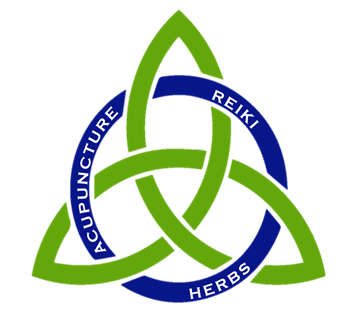“Mama brain”, “Baby brain”, or “having a brain fart”, are all common phenomena happening to women, who are pregnant, post-partum, or a couple years after having their last baby. It is more than forgetting where you left your car keys. It involves several mental moments of going blank mid-sentence. “Oh, what was I saying….”. “I forgot what we were talking about?”. “It will come back to me in a bit”; which, in most cases it does 2 days later. “Mama brain” is common knowledge, quite accepted; yet, we sometimes find ourselves apologizing for our “would it be forgetfulness”, “lack of focus other than baby”, or whichever reason we are saying “sorry” again for our behavior.
Ladies, the “Mama brain” is very real and there is no shame in why one is going through it. We all go through it and it is our brain’s response in helping us shift our priorities to our new addition to our family.
In fact, our brains undergo a dramatic shift as our body changes gearing up for motherhood. These dramatic shifts are commonly known among generations sharing their pregnancy, birthing, and early motherhood ventures. What literally happens is a refocusing and reorganizing within our brains to hone and shape our skills to protect, nurture, and adapt to having our “offspring”, or new baby. The hormonal, chemical, physical, and psychological shifts happen within a short time frame within our lifespan and takes time for it to shift back. In 2016,
“first-of-its-kind study has revealed that the architecture of women’s brains changes strikingly during their first pregnancies, in ways that last for at least 2 years. In particular, gray matter shrinks in areas involved in processing and responding to social signals. This may mean that new mothers’ brains are more efficiently wired in areas that allow them, for instance, to respond to their infant’s needs or to detect threatening people in their environments. The changes correlated with standard tests of a mother’s attachment to her infant—and they occurred whether a woman conceived naturally or using in vitro fertilization”(1).
There is no coincidence in the increase “forgetfulness”, or “difficulty concentrating”, and Chinese Medicine can gives us an understanding “why” these changes take place?
There are 2 types of foundational qi: pre-natal qi known as Essence, or Jing, and post-natal qi known as Food & Air qi. During conception, both of the parents use their Essence, or Jing, as pre-natal qi to pass along their genetic material. This foundational qi sets the stage in their child’s development starting in the womb. Essence, or Jing, is our life reserve that needs to be maintained, nourished, and used wisely because it is difficult to replenish.
The kidneys are in charge of storing our Essence and plays a vital role in growth, development, and maturation such as puberty of the parent, the growing of a baby within the womb, and even the 4th trimester known as Mastrescence. The Matrescense is another phase of growth and development for the mom and baby. It is during pregnancy, post-partum, and beyond our Essence from our kidney reserves are being used.
The kidneys are in charge of producing our “marrow”; which makes up the bone marrow in our long bones, spinal fluid, and cerebral spinal fluid. When we grow, nurture, & birth our baby, our Kidney essence is used. From pregnancy to about 2 years after giving birth, women undergo an internal shift of growth where our brain fluid (the cerebral spinal fluid) is being utilized in other ways. Our kidneys, adrenals, and hormones create an orchestra of developing our new identity as a mother. It is beautifully crafted for us to be the first responders to our child’s cues, while providing a safe environment and nesting at home.
If we can take anything from this article; we need more grace and pride with our minds and bodies. We have the ability to grow, nurture, and sustain life from us and outside of ourselves. The nurturing from baby to young child requires physical, emotional, and mental demands; which do come from our Essence reserves from our adrenal and kidney health. Usually, the “mama brain” will restore itself after 2 years post-partum, but this may linger depending on having another pregnancy, life events, stress in adapting to motherhood, and built in support. There is no shame in the process of becoming a mother and having some mental blanks in conversation. May this remind you of how amazing you are as a person and a mother.

